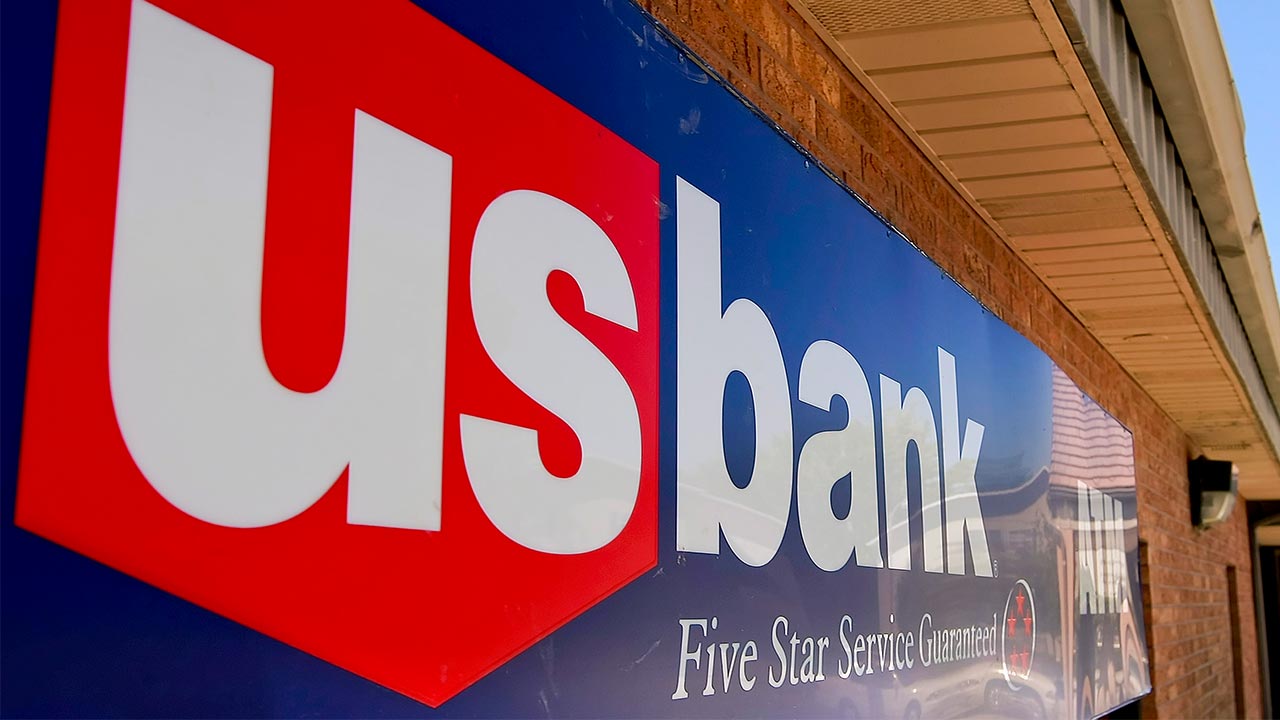Getting houses has always been complicated, but the recent U.S. tax overhaul adds another wrinkle to the process: By summer 2019 house prices may be 4% lower than they would have been originally, but a lot of homeowner-friendly tax deductions will disappear. It’s never been more important to find the most favorable mortgage rate. But before you go for that mortgage, it’s best to know the types of mortgages out there and which suits your needs.
Common Types of Mortgages
1. Fixed-rate mortgage
A fixed-rate mortgage (FRM) is the most common type of home loan. One of the main benefits is that even though the proportion of principal versus interest on your bill will change over the course of the loan, you’ll still pay the same amount every month. Your interest rate is locked in when you close on the loan, so you aren’t vulnerable to sudden increases in interest rates.
Of course, while you aren’t vulnerable to interest-rate increases, you’ll lose out if rates decline — you’ll be stuck paying the higher rate. It can also be harder to qualify for a fixed-rate mortgage if your credit score is less than stellar. Down payments are typically high, too, with most lenders requiring 20% of the loan to avoid pricey mortgage insurance.
Fixed-rate mortgages are offered for 10-, 15- or 30-year terms, with the latter being the most popular choice. Longer terms mean lower payments, but they also mean it will take longer to build equity in your home. You’ll also pay more interest over the life of the loan.
2. Adjustable-rate mortgage
ARMs make buying a home more accessible by offering lower down payments, lower initial interest rates, and lower initial payments. The interest rate remains constant for a certain period of time — generally, the shorter the period, the better the rate — then rises and falls periodically according to a financial index.
The main downside is obvious: If your ARM begins to adjust when interest rates are climbing, your escalating payments could start to squeeze your budget. It can also make annual budgeting tricky, and if you want to refinance with a fixed-rate loan, the cost can be quite steep. Ultimately, with an ARM, you’re accepting some of the risk that your mortgage lender would absorb with a fixed-rate loan.
There are several kinds of ARMs. One-year ARMs typically offer the best mortgage rates, but they’re also the riskiest because your interest rate adjusts every year. At slightly higher rates, hybrid ARMs offer an extended initial fixed-rate period. Common hybrid loans include 5/1 mortgages, which offer a fixed rate for five years and then and an annually adjustable rate for the next 25 years.
3. FHA loan
FHA (Federal Housing Administration) loans are government-backed mortgages that require much smaller down payments than their conventional counterparts. In fact, you may qualify for an FHA loan with as little as 3.5% down, but you’ll likely be on the hook for mortgage insurance each month in order to help the lender blunt some of the risk. These loans are ideal for those who can’t afford a huge down payment, but have a steady income.
4. VA loan
VA (Department of Veterans Affairs) loans are also government-backed mortgages available with low (or even no) down-payment options, minus the mortgage insurance required on FHA loans. However, the VA typically charges a one-time funding fee that varies according to down payment. You must have a military affiliation to get a loan — active-duty members, veterans, guard members, reservists, and certain spouses may qualify.
5. Interest-only mortgage
Technically, interest-only mortgages are a type of ARM that allows home buyers to pay only interest for a certain period at the beginning of the loan, keeping payments as low as possible. They can be a good choice for someone who expects a significant increase in income in the future.
If this sounds like a sweet deal, it’s because interest-only mortgages come with tremendous risk.
The payment is lower initially because you are only paying interest, and not principal. Once the interest-only payment period is up, your payment will jump when you begin to pay the principal of the loan. Plus, you can experience a rate increase. With these risks, you’ll probably want to steer clear of interest-only mortgages as your primary option.
6. Balloon mortgage
Balloon mortgages offer low, fixed interest rates for a short-term — typically five to 10 years. In fact, you may only pay the interest on the loan for that time.
The catch? The remainder of the loan, likely a very significant sum, is due when the term is up. If your home has declined in value or you’re deemed uncreditworthy, you might be out of luck — and at risk of foreclosure. For this reason, balloon mortgages are rarely the best option for finding the lowest mortgage rate and should be avoided except in special cases.




